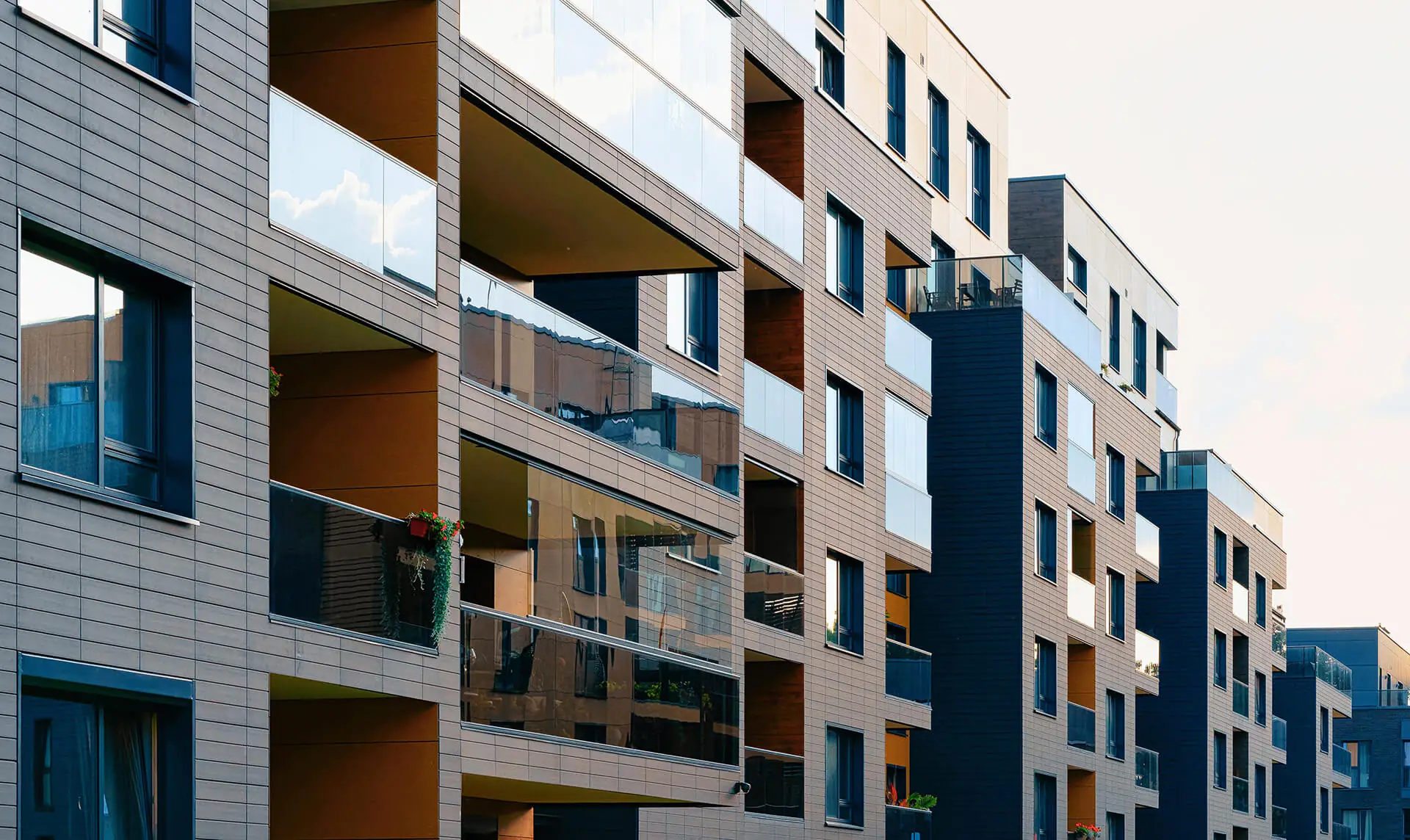
Our Specialties
Assisted Living
Assisted living is on the continuum of long-term care services providing a combination of housing, personal care services, and health care designed to respond to those who need assistance with normal daily activities in a way that promotes maximum independence.
Assisted living communities offer a multi-faceted residential setting that includes personal care services, 24-hour supervision and assistance, activities and health-related services, designed to:
- Minimize relocations
- Accommodate residents’ changing needs and preferences
- Maximize residents’ dignity, autonomy, privacy, independence, choice and safety
- Encourage family and community involvement
Residents
Most assisted living residents are seniors, including those with Alzheimer’s disease and other forms of dementia. Some communities serve individuals of any age with developmental disabilities while other communities serve individuals with medical conditions or needs.
Certification of Communities
In most states, assisted living communities are registered, licensed or certified by an appropriate department or agency of the state that has a process for issuance of initial licenses and for renewing existing licenses.
Personal Care and Health Services
Assisted living communities provide supervision or assistance with activities of daily living (ADLs), coordination of outside health care providers and monitoring of resident activities to ensure their health, safety and well-being. Assistance may include the administration or supervision of medication or certain personal care services by a trained staff person.
The community may assist with arranging the appropriate medical, health and dental care services for residents. The resident usually selects their medical doctor and dental services. Bear in mind that assisted living communities are a bridge between living at home and living in a nursing home. These facilities do not typically provide the continuous skilled nursing care typically found in nursing homes and hospitals.
Accommodations
Accommodations vary between assisted living communities with options such as private rooms, private baths, kitchenettes, and more, differing from one facility to the next. Personal needs and preferences are important criteria for selecting a community and the amenities it offers.
Most communities are constructed and equipped to comply with local, state and federal regulations. Assisted living communities are designed to be operated, staffed and maintained in a manner appropriate to the needs and desires of the residents they serve. Caring for residents with Alzheimer’s or other dementias and disabilities requires a community design and philosophy that assures resident safety and autonomy.
Assisted Living Services and Activities
The services and activities provided or arranged for in assisted living communities promote the quality of life and independence of the individual and include:
- 24-hour supervision
- Three meals a day in a group dining room
- Personal care services (bathing, dressing, toileting assistance, etc.)
- Medication management or assistance with self-administration of medicine
- Social services
- Supervision and assistance for persons with Alzheimer’s or other dementias and disabilities
- Recreational and spiritual activities
- Exercise and wellness programs
- Laundry and linen service
- Housekeeping and maintenance
- Arrangements for transportation
- Residents receive individualized services to help them function within the assisted living community
ADLs are basic activities performed by individuals for independent living at home or in the community. There are many variations of what ADLs include but most organizations agree there are five basic categories.
- Personal hygiene – bathing/showering, grooming, nail care and oral care
- Dressing – the ability to make appropriate clothing decisions and physically dress/undress oneself
- Eating – the ability to feed oneself, though not necessarily the capability to prepare food
- Maintaining continence – both the mental and physical capacity to use a restroom, including the ability to get on and off the toilet and cleaning oneself
- Transferring/Mobility – moving oneself from seated to standing, getting in and out of bed, and the ability to walk independently from one location to another
Instrumental Activities of Daily Living (IADL) are actions that are important to being able to live independently but are not necessarily required daily activities. These activities are not as noticeable as the ADLs when it comes to loss of function, but functional ability for IADLs is generally lost prior to ADLs. IADLs can help determine with greater detail the level of assistance required by an individual.
IADLs include:
- Basic communication skills – using a regular phone, mobile phone, email or the Internet
- Transportation – may include driving oneself, arranging rides, or the ability to use public transportation
- Meal preparation – meal planning, cooking, clean up, storage and the ability to safely use kitchen equipment and utensils
- Shopping – the ability to make appropriate food and clothing purchase decisions
- Housework – doing laundry, washing dishes, dusting, vacuuming and maintaining a hygienic residence
- Managing medications – taking accurate dosages at the appropriate times, managing re-fills and avoiding conflicts
- Managing personal finances – operating within a budget, writing checks, paying bills and avoiding scams